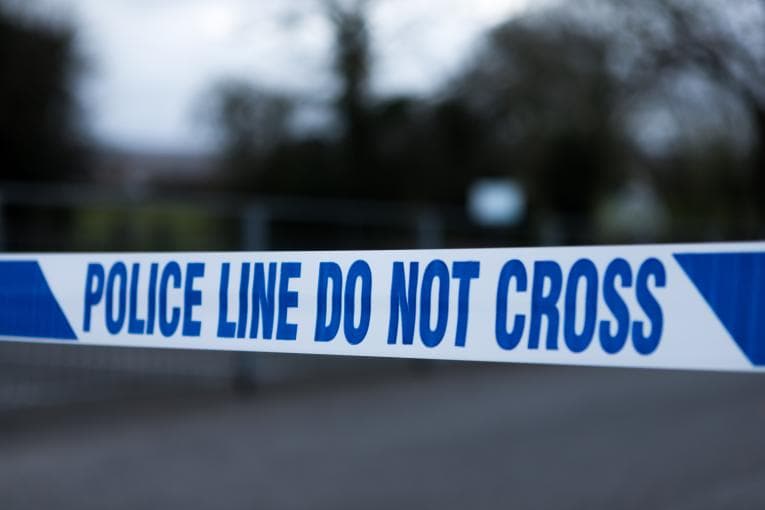
Responding to first responders
A police officer and member of the British Psychological Society writes.
10 November 2017
In the August issue there were two important topics implicitly linked: 'Responding to the Grenfell Tower fire', and 'The hidden costs of working when sick'. I felt obliged to make representations as an experienced police officer, educator and member of the British Psychological Society.
The picture you used emphasised the fire service, showing one or two of the other key emergency service workers and possibly members of the community nearby. The emergency services are coping under daily pressures, and I am confident the public understand and sympathise. Yet horrific and traumatic events are a regular occurrence in my line of work: recently I have experienced violent extremist attack, suicide and fatal traffic accident. To date, I have received very little support or intervention in order to make attempts at mental recovery from these extraordinary tragedies, and any I have received has been at my own behest.
Despite being resilient and able to 'self-treat', any incident involving our public services brings their suffering clearly into focus. It is now time to act, rather than moot ideas and interventions: get in there, show off your abilities and provide the necessary support. Psychologists can do no harm in approaching public and emergency services in order to offer or propose useful services and interventions. You are the experts and have a duty!
Name and address supplied


